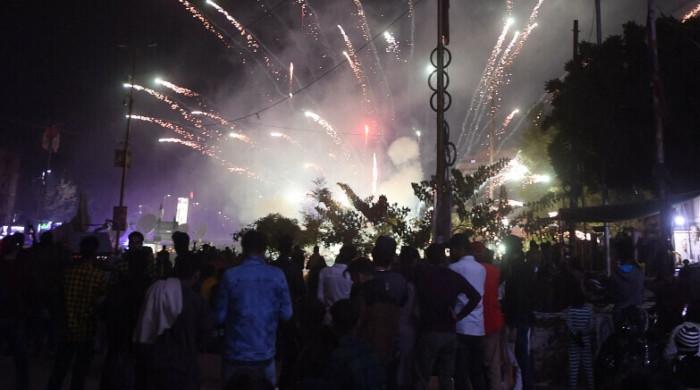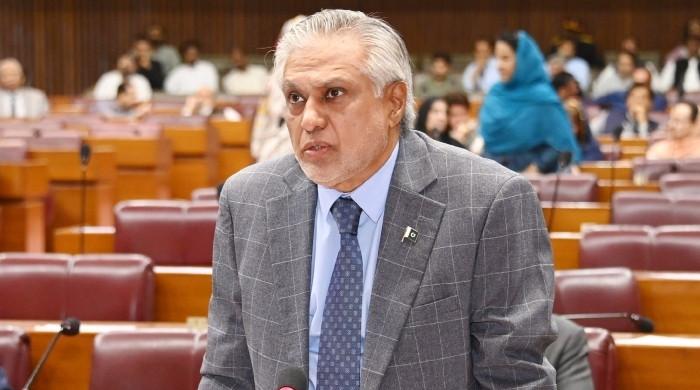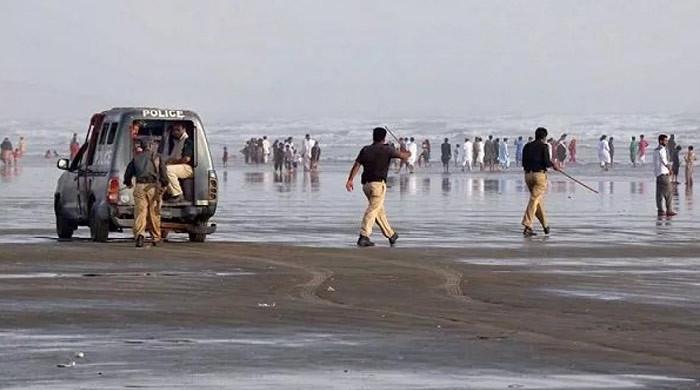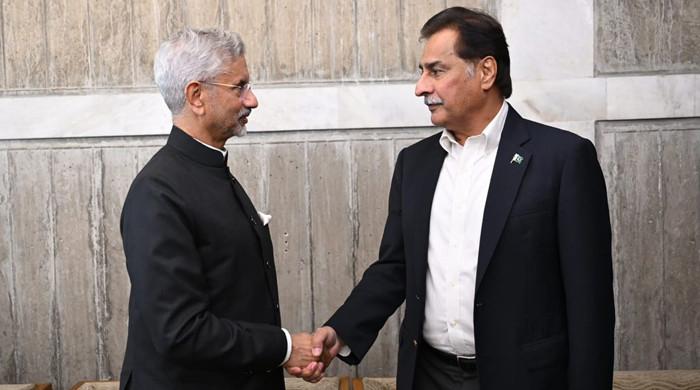Pakistanis are “not free” online, finds Freedom on the Net report
The report adds that Pakistan’s proposed rule for social media has “raised alarms about their impact on end-to-end encryption”
September 22, 2021
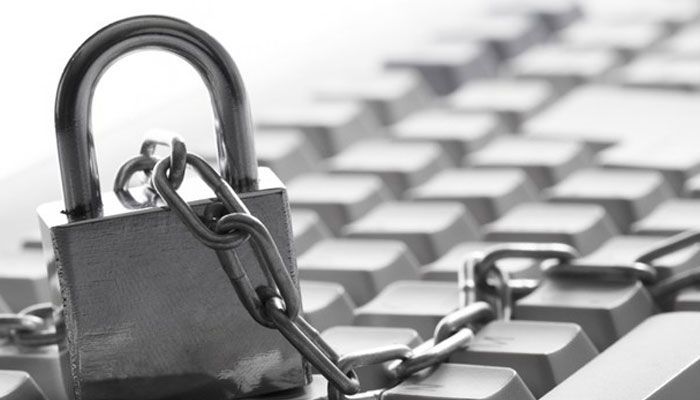
Pakistan has ranked poorly in the “Freedom on the Net” report 2021, which notes that internet users in the country can face arrests, imprisonment and physical attacks.
The US-think tank, Freedom House, conducts an annual study of human rights in the digital sphere. This year, it has examined internet freedom in 70 countries, accounting for 88% of the world’s internet users.
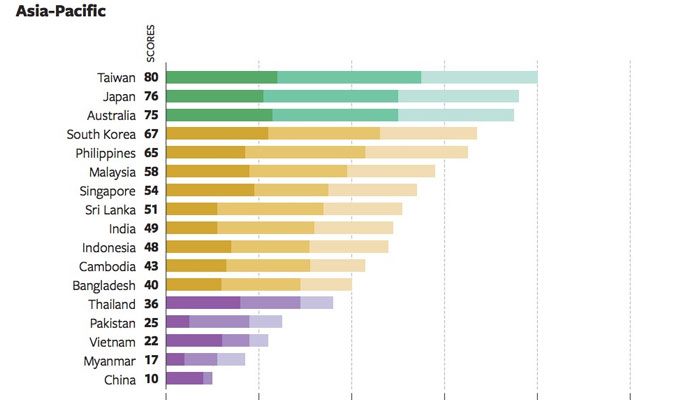
The period it has covered is between June 2020 and May 2021.
Out of the 70 countries assessed, Pakistan was amongst the 21 countries categorized as “not free” in terms of internet freedom. Other countries in the same category were Iran, China, Turkey and Saudi Arabia. While India was listed as “partly free” and UK and Australia were among the countries considered “free”.
The report adds that Pakistan’s proposed rule for social media has “raised alarms about their impact on end-to-end encryption.”
The draft of the rules, the report explains, requires social media companies and service providers with more than 500,000 users to hand over personal data in a decrypted and readable format when requested by Pakistan’s Federal Investigation Agency.
In the category of Key Internet Controls, Pakistan was among the countries where social media had been blocked; where political, social and religious content had been blocked; where pro-government commentators manipulate online discussions; and where bloggers and internet users have been arrested, imprisoned and physically attacked for social or political content.
In fact, the Freedom House gave Pakistan a low score of 25 out of 100, for the level of online rights enjoyed by its citizens. As per its numerical scorecard, 100 was for the countries where the internet users were the most free and 0 for the least free.
Overall, the report notes, global internet freedom has declined for the 11th consecutive year.
“The greatest deteriorations were documented in Myanmar, Belarus, and Uganda, where state forces cracked down amid electoral and constitutional crises. Myanmar’s 14-point score decline is the largest registered since the Freedom on the Net project began,” it added.




